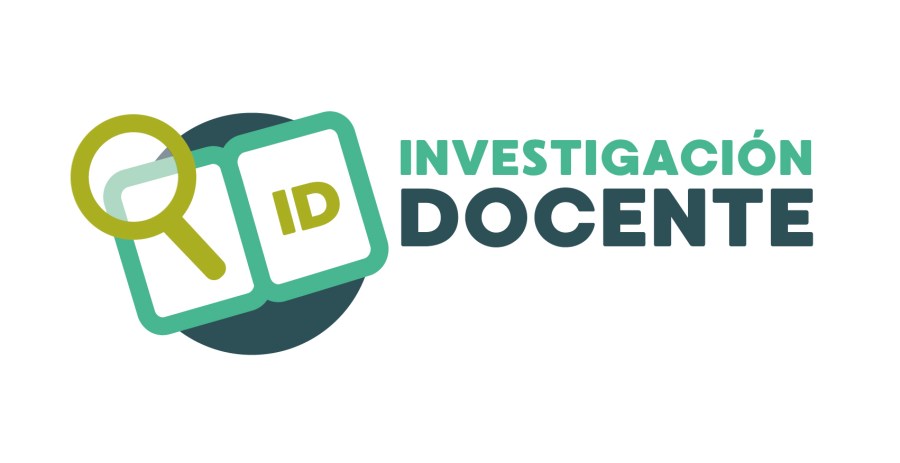- Agarwal, P. K., Nunes, L. D., & Blunt, J. R. (2021). Retrieval practice consistently benefits student learning: A systematic review of applied research in schools and classrooms. Educational Psychology Review, 33, 1409-1453. (pincha aquí)
- Anderson, J.R. (1993). Problem Solving and Learning. (pincha aquí)
- Berliner, D. C. (2001). Learning about and learning from expert teachers. International Journal of Educational Research, 35(5), 463-482. (pincha aquí)
- Black & Wiliam, 1998. Assessment and Classroom Learning (pincha aquí)
- Bjork, E. L., & Bjork, R. A. (2011). Making things hard on yourself, but in a good way: Creating desirable difficulties to enhance learning. (pincha aquí)
- Carpenter, S.K., Witherby, A.E., & Tauber, S.K. (2020). On Students’ (Mis)judgements of Learning and Teaching Effectiveness. (pincha aquí)
- Deans for Impact, 2015. The Science of Learning (pincha aquí)
- Dunlosky et al., 2013. Improving Students’ Learning With Effective Learning Techniques: Promising Directions From Cognitive and Educational Psychology (pincha aquí)
- Ferrero, 2020. Can Research Contribute to Improve Educational Practice? (pincha aquí)
- Hattie & Timperley, 2007. The Power of Feedback (pincha aquí)
- Kalyuga et al., 1998. Levels of Expertise and Instructional Design (pincha aquí)
- Karpicke & Roediger, 2008. The Critical Importance of Retrieval for Learning (pincha aquí)
- Koriat, A., & Bjork, R. A. (2005). Illusions of Competence in Monitoring One’s Knowledge During Study. (pincha aquí)
- Lipnevich & Panadero, 2021. A Review of Feedback Models and Theories: Descriptions, Definitions, and Conclusions (pincha aquí) Y segunda parte (pinchando aquí)
- McCabe, J. (2011). Metacognitive awareness of learning strategies in undergraduates. (pincha aquí)
- McDaniel et al., 2008. Learning Styles: Concepts and Evidence (pincha aquí)
- Mujis, Kyriakides et al., 2014. State of the art – teacher effectiveness and professional learning (pincha aquí)
- Paivio, 2006. Dual Coding and Education (pincha aquí)
- Pashler et al., 2007. Organizing Instruction and Study to Improve Student Learning (pincha aquí)
- Presley, M., & Harris, K. R. (2008). Cognitive Strategies Instruction: From Basic Research to Classroom Instruction. The Journal of Education, 189(1/2), 77–94 (pincha aquí)
- Roediger, H.L., & Karpicke, J.D. (2006). Test-Enhances Learning: Taking Memory Tests Improves Long-Term Retention. (pincha aquí)
- Rohrer, D., & Taylor, K. (2007). The Shuffling of Mathematics Problems Improves Learning. (pincha aquí)
- Rosenshine, 2012 Principles of Instruction (pincha aquí)
- Ryan & Deci, 2000 Self-Determination Theory and the Facilitation of Intrinsic Motivation, Social Development, and Well-Being (pincha aquí)
- Soderstrom & Bjork, 2015. Learning Versus Performance: An Integrative Review. (pincha aquí)
- To, Panadero & Carless, 2021. A systematic review of the educational uses and effects of exemplars (pincha aquí)
- Tricot & Sweller, 2013. Domain-Specific Knowledge and Why Teaching Generic Skills Does Not Work (pincha aquí)
- Webb & Sheehan, 2006. Does Changing Behavioral Intentions Engender Behavior Change? A Meta-Analysis of the Experimental Evidence (pincha aquí)
- Zimmerman, 1989. A Social Cognitive View of Self-Regulated Academic Learning (pincha aquí)
- Libro IMPRESCINDIBLE: In their own words: What Scholars and Teachers Want You to Know About Why and How to Apply the Science of Learning in Your Academic Setting. (pincha aquí)
- Libro IMPRESCINDIBLE: Evaluación formativa y compartida en educación: experiencias de éxito en todas las etapas educativas. Pérez Pueyo, A; López Pastor, V.M. (coord.). (pincha aquí)
- Libro IMPRESCINDIBLE: Psicología del aprendizaje. Óscar Pineño, Miguel A. Vadillo y Helena Matute. (pincha aquí)
- Libro IMPRESCINDIBLE: 50 Great Myths of Popular Psychology. Lilienfeld, Lynn, Ruscio and Beyestein (pincha aquí)
Recomiendo leer
Tweet
Últimas entradas
El papel de la sorpresa y la predicción en el aprendizaje
En el corazón de mi viaje para aprender sobre el aprendizaje se encuentran varios elementos clave; muchos de ellos presentes en el maravilloso «Cómo aprendemos» de Stanislas Dehaene. Hoy hablo de algunas ideas tras leer el libro, especialmente sobre la sorpresa y el papel de la predicción y el aprendizaje para que se construya una…
Chunking and making meaning
In the realm of education and cognitive psychology, understanding how we learn and retain information is paramount. One of the most fundamental principles in this domain is the need to imbue our learning with meaning. This involves transforming what we learn into discrete, meaningful «pieces» that our working memory can handle efficiently. These pieces, once…
La valoración del esfuerzo y su efecto sobre la motivación
La educación consiste, al menos, en conseguir que las personas hagan cosas que antes no podían hacer, comprendan ideas que antes no podían comprender y, sobre todo, que se conviertan en personas en las que no esperaban convertirse. Con esta frase de Hugh Sockett empieza el libro que vamos a comentar: Motivation for Achievement (3ª…




